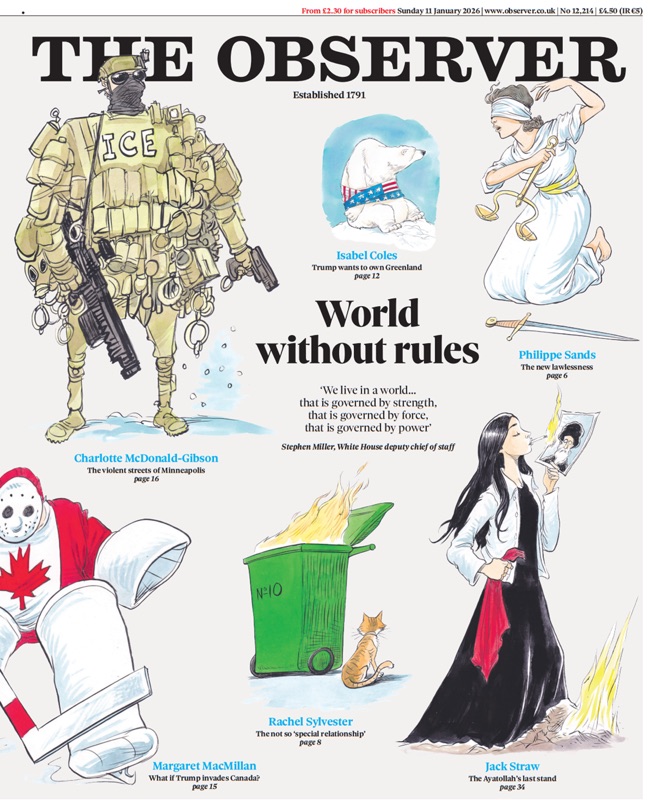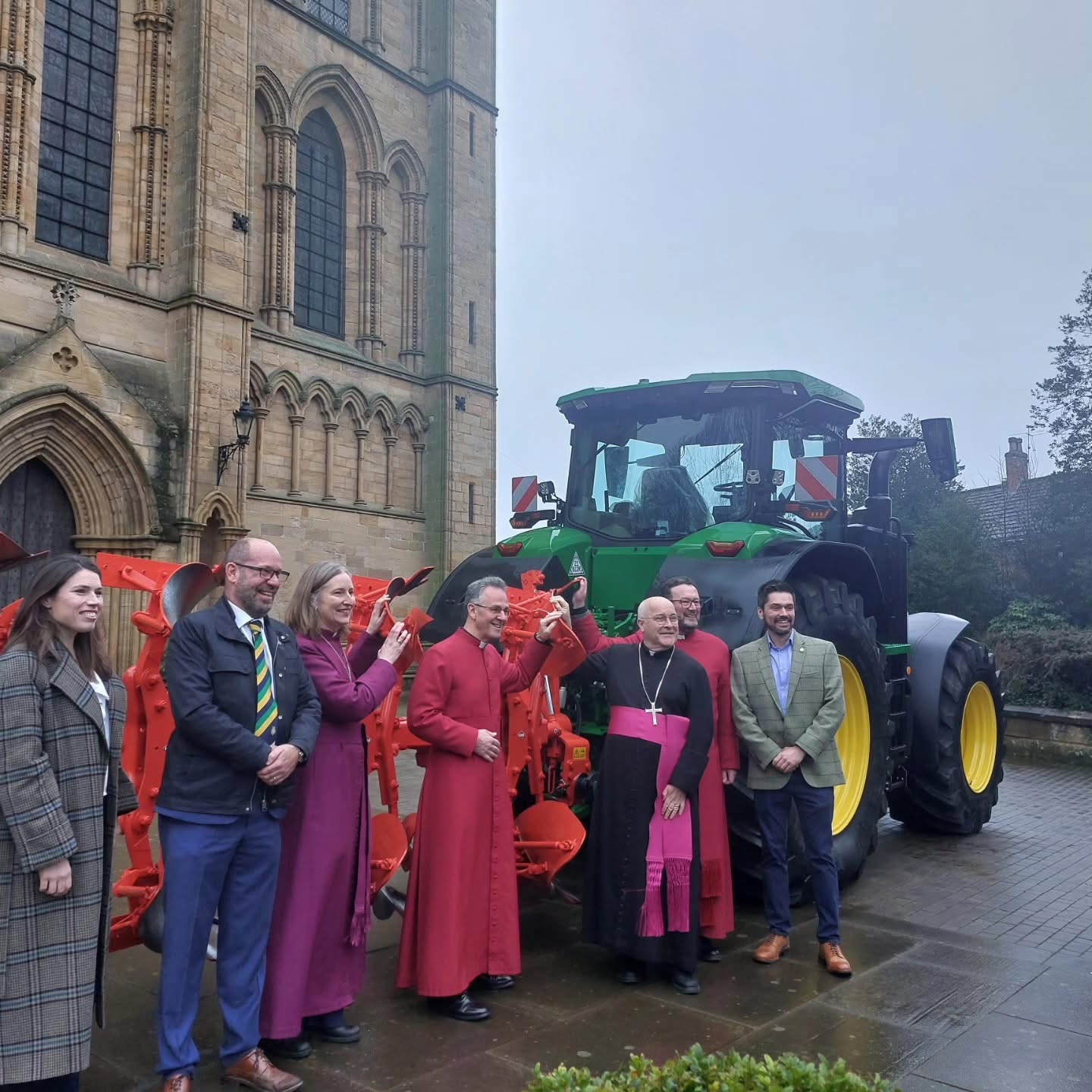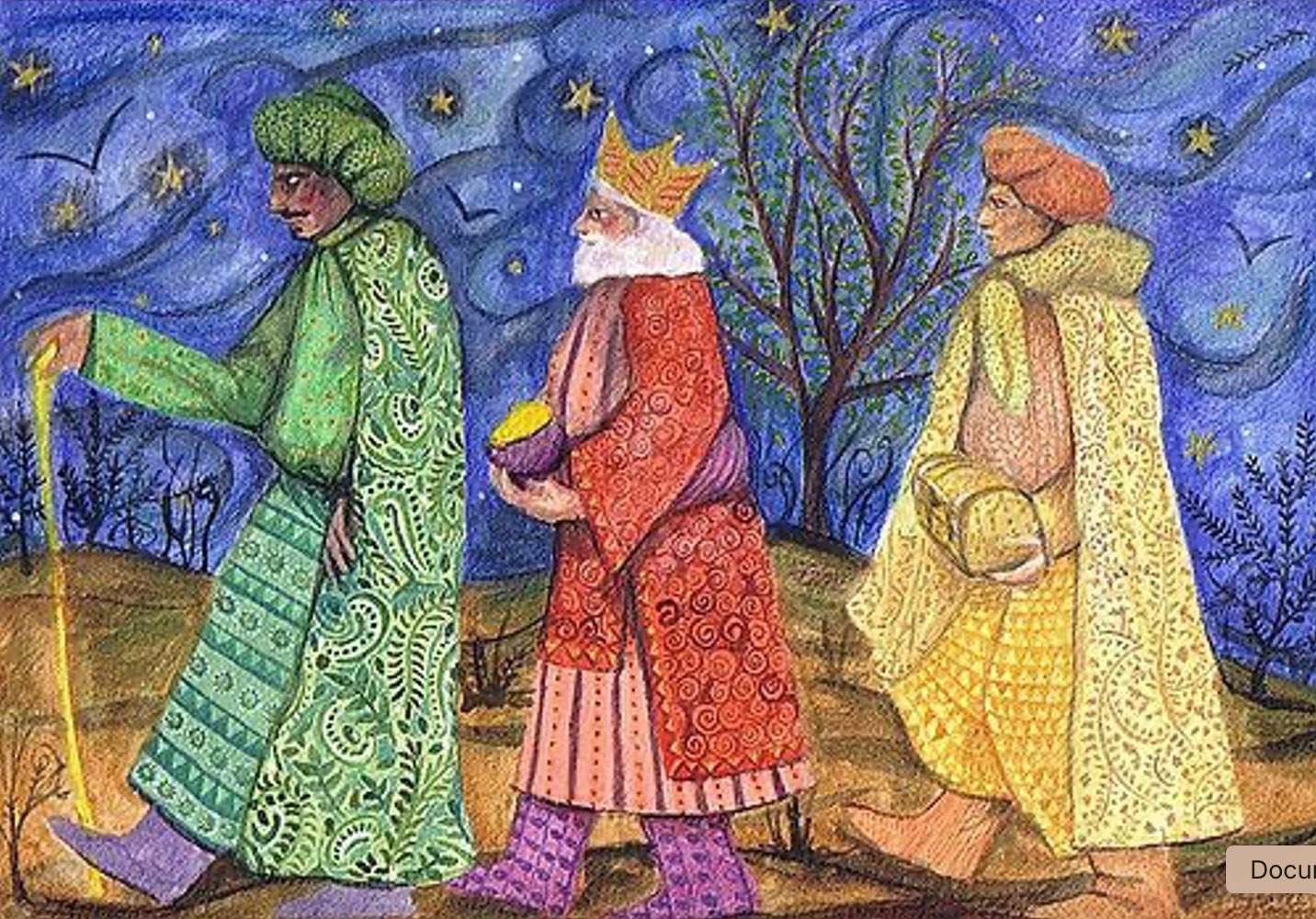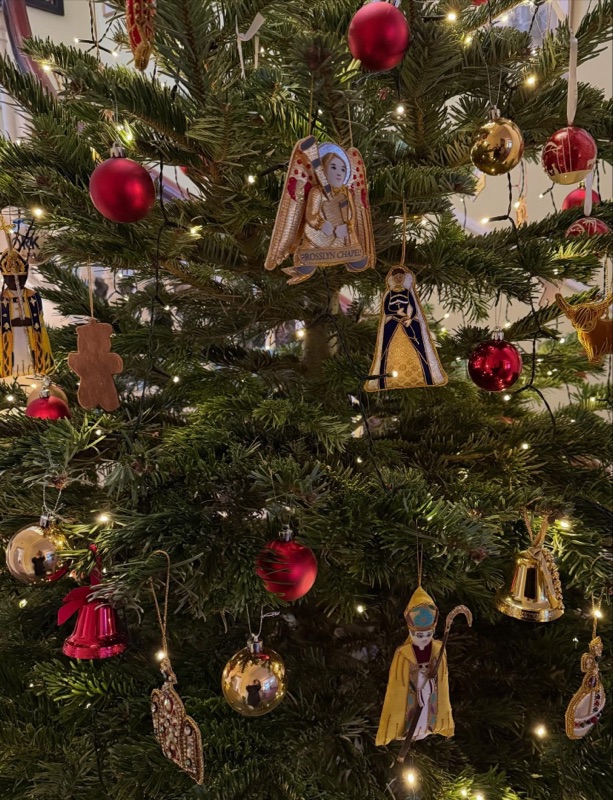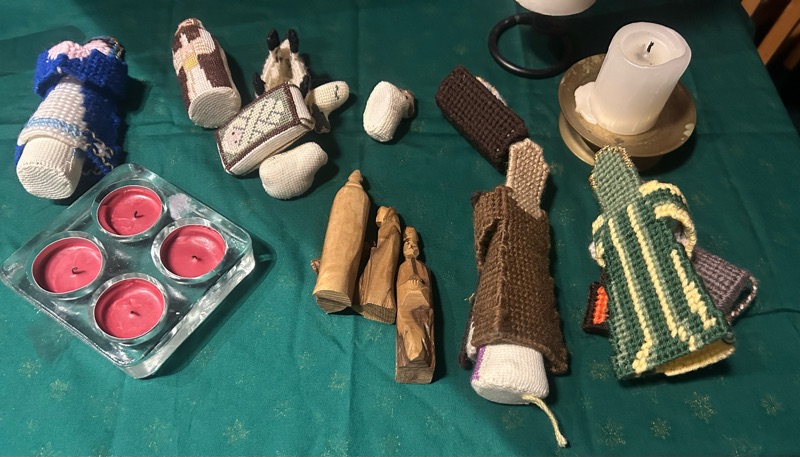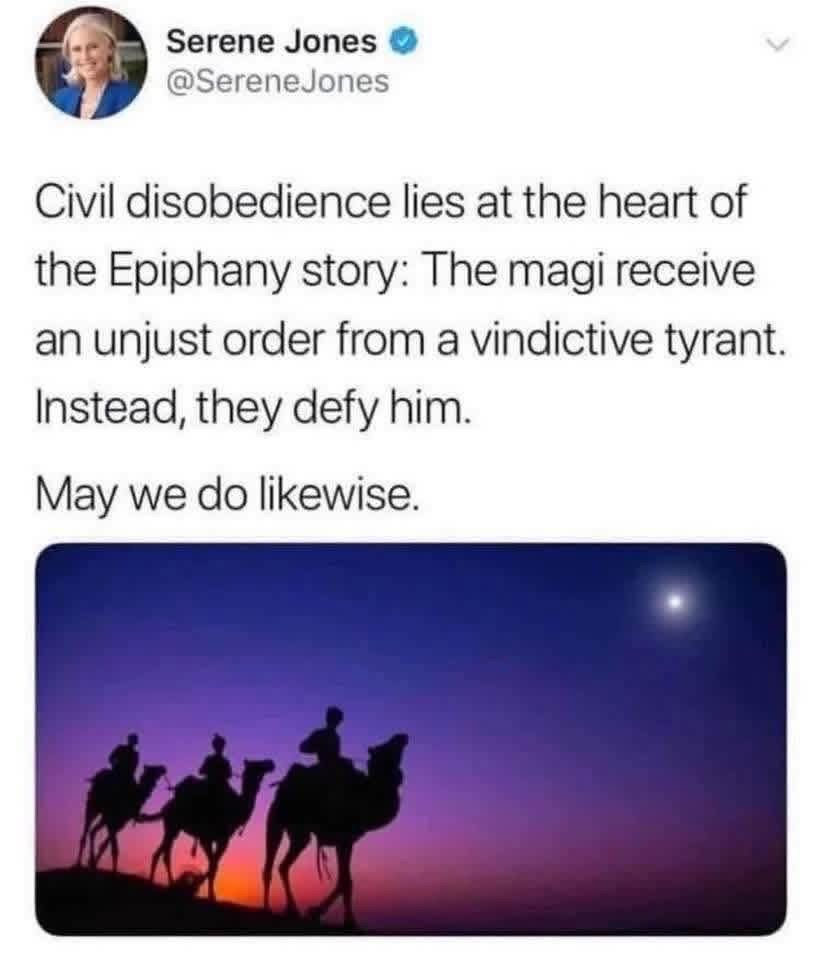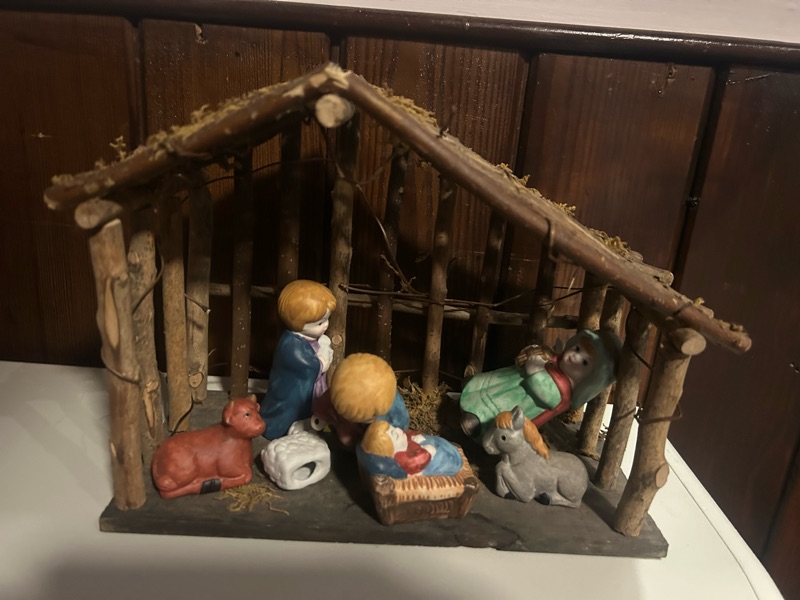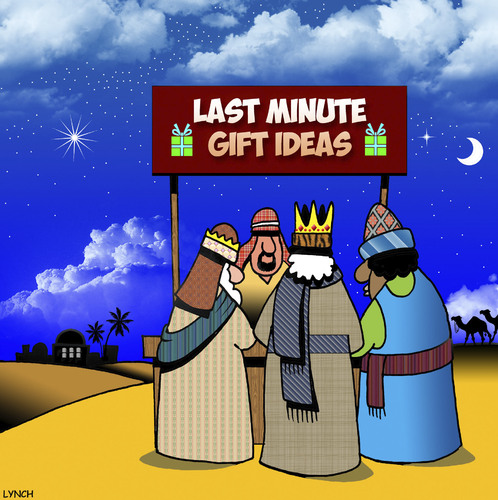Peter was deeply concerned when he heard Jesus tell the rich young ruler:
"It is easier for a camel to go through the eye of a needle than for a rich man to enter the kingdom of God."
The disciples were troubled. If wealth and human effort could not guarantee eternal life, then what would be the benefit of following Jesus? Peter voiced the question many Christians still ask today:
“We have left everything to follow You. What then will there be for us?”
“What then will there be for us?”
We were in a restaurant last night - I’ll not tell you where. We were in a rush so needed good quick service. They asked us did we want drinks. We asked for tap water. The rather hopeless boy serving us wrote down water you buy. The manager came over and asked if we wanted a whole bottle or just two glasses. We said no, tap water. Then Lis spotted there was a lunch menu up to 5pm, with much of what we had ordered on it considerably cheaper. We were told we were too late, it finishes early and it was ten to five. The service was poor throughout then rather hopeless boy returnedasking if we wanted more drinks or desserts. We wanted the bill and to go. He then asked if we wanted to give a tip. They wanted to get as much money out of us as possible.
“What then will there be for us?”
I’ll not name him, but a certain world leader has this week set up his own board of peace which will be better than the United Nations and he’s made himself chairman and those who want to join it have to pay for the privilege.
The rhetoric while saying words about bringing peace to the world is more about me and how I will be remembered in history. No one has been a greater world leader than me ever.
“What then will there be for us?” Is life indeed faith about me, getting a tip, being the greatest, getting what I want that is really satisfying?
The church was thriving. It had a beautiful new building, talented musicians, and a growing congregation. However, beneath the surface of this vibrant community, a subtle, creeping selfishness had begun to take root.
Martha, a long-time member, loved her church, but she loved her place within it even more. She always sat in the third row. When a new family—young, loud, and enthusiastic—sat in "her" spot, Martha didn't feel welcoming. She felt indignant. She spent the entire service glaring at the back of their heads, frustrated that her comfort had been disrupted.
Meanwhile, at the sound desk, Mark, who ran the audio, was struggling. The worship leader asked for a simpler sound to encourage congregational singing, but Mark liked to showcase his technical skills. He made the music loud and complex, ignoring requests from the elderly members who couldn't hear the words. Mark was using his ministry for personal gratification, ensuring he felt like the star of the show.
Finally, in the church council they were reviewing the budget. A small, struggling church down the street needed help with their food bank. Someone proposed a donation. However, Mr. Henderson, the treasurer, frowned. "We need those funds for the new lobby furniture," he said, citing the need for the church to look prosperous to attract newcomers. "If we give it away, we don't have it."
Selfishness was acting like a cancer, shifting the focus from serving God and others to serving their own comforts and reputations.
That Sunday, the sermon was on Jesus cleansing the Temple, where he flipped the tables of those making money in the house of God. The pastor spoke about how Jesus dislikes when religious practices become about self-gain rather than worship.
Martha felt a sharp pang of conviction. She realised she cared more about her comfort than loving her neighbour as herself. Mark realised he was using the church to inflate his own ego, rather than serving the body. And Mr. Henderson felt the weight of his greed, realising he was hoarding resources that were meant to bless others, similar to the "selfish rich man" in the parable.
The next Sunday looked different. Martha arrived early, not to claim a seat, but to greet the new family and invite them to sit with her. Mark turned the volume down and focused on facilitating worship, not showcasing his skills. And the church council decided to donate to the neighbouring food bank, deciding to use their resources for the kingdom rather than their own comfort.
That church was reminded that the church is not a place for self-gain, but a house of prayer and service.
Today we come to renew our covenant with God. This service for me is the heart of Methodist spirituality. It’s good that today we share it as a benefice and as an LEP. We come to ask “What then will there be for us?” And God might ask of us “what then will there be for me?” in response.
The Covenant Prayer was first used in 1755, at a service in London with 1800 people present. The heart of the service are the words of response: we will say them in a more modern form, but the older words are powerful:
I am no longer my own, but thine.
Put me to what thou wilt, rank me with whom thou wilt.
Put me to doing, put me to suffering.
Let me be employed for thee or laid aside for thee,
exalted for thee or brought low for thee.
Let me be full, let me be empty.
Let me have all things, let me have nothing.
I freely and heartily yield all things to thy pleasure and disposal.
And now, O glorious and blessed God, Father, Son and Holy Spirit,
thou art mine, and I am thine.
So be it.
And the covenant which I have made on earth,
let it be ratified in heaven
Interestingly, there were once three forms of the covenant service, one of which was for individuals making a private covenant, not in corporate worship. To take our place in the covenant people of God, we each express our individual desire and willingness but we also make our promise alongside others. The covenant prayer binds us together with God and with each other for the work of God, for which we are to watch over one other in love. That’s a huge Methodist theological phrase – we have a responsibility for one another. This is a different covenant service for me today – normally I would give communion out including wine in little glasses. We receive it one by one and then we form community as we are dismissed together to go renewed as a people together. Today we have an Anglican communion using Methodist liturgy (it’s a long story) and a shared cup. Maybe that reminds us we are one. Though we are many here today, we are one.
What then will there be for Christ in this? A relationship. John Wesley’s original covenant prayer was rather like a marriage service. You were invited to take on Christ, as my head and husband, for better, for worse, for richer, for poorer, for all times and conditions, to love, honour and obey thee before all others, and this to the death.” God’s gracious offer to us is also a challenge. If God is committed to us, are we prepared to accept that as reality? Can we commit ourselves in return to God? If we choose to accept it, how can we manage to live out our commitment adequately?
What then will there be for us? Sacrifice brings reward. Following Christ brings eternal inheritance. God’s blessings are sure. Like Peter, we may ask, “What will we get?” But like Jesus answered, the true benefits are both now and forever. We are reminded we are part of a deep fellowship. I was reminded of this last night. In Ripon we’ve marked the week of prayer for Christian Unity every day this last week with worship or prayer in a different church. Last night around 60 of us gathered in St Wilfrid’s church for a service with Bishop Anna preaching. Afterwards there was wine, cheese and cake and people stayed for ages chatting and getting to know each other. We have a common purpose, and it is good to be reminded of this.
As we say the prayer today, we are committing ourselves to be where God wants us to be, not always where we want to be. We may need to take on the world and its values and that might feel overwhelming. I get overwhelmed by the news, don’t you?
I like what my favourite current theologian Nadia Bolz Weber wrote yesterday: “It may be a lie that tender people are especially prone to believing: that if I really loved the world, I’d be able to carry it.
But none of us can carry it all, my friend. And yet each of us can carry a bit. Something. A mountain, or a morsel; a whole community or just a wee corner of the world that fits our hands.
None of us are equipped for all of it—but each of us is equipped for some of it. And today as a benefice and as a Methodist people we are called to be here in fellowship and in ministry together. So part of what we do today is to pray for our work together and the year ahead whatever it brings.
For Margaret, a lifelong Methodist, the first Sunday of January was always more significant than New Year’s Eve. It was Covenant Sunday.
The sanctuary felt quiet and solemn, a contrast to the festive celebrations of the previous week. As she sat in her pew, she thought back to the words she had been preparing herself to say: "I am no longer my own, but yours."
She recalled the history she learned about the service—how John Wesley, in 1755, wanted a way to bring people into a deeper experience of God. It was a commitment that required total surrender, asking to be used for God's purposes—whether in doing or suffering, in fullness or in emptiness.
“Put me to what you will, rank me with whom you will,” the congregation prayed together, their voices a quiet murmur of dedication.
Margaret felt the weight of the words. She knew this was not a contract, but a covenant—a love poem to God that was entirely voluntary. It was a time to re-examine her life, to lay down her desire to control her own fate, and to trust that she belonged to God.
The service moved into the Sacrament of the Lord’s Supper, which Wesley believed made the covenant real, binding the promise made in words to the experience of grace.
As she partook in the bread and wine, the fear of the unknown future—of what "suffering" or "being set aside" might mean—faded, replaced by a sense of peace. She was not doing this alone; she was part of a community, all promising together to serve God with their whole lives.
Leaving the church, the cold January air felt bracing. She felt a profound sense of "re-set." The covenant was not just a one-day event, she knew; it was a promise to carry through the coming year, trusting that God would be with her, no matter what.
“What then will there be for me?”
I think for me this service – and I’ll have led it five times by this afternoon, I’ve another one at 2pm – says no matter what, the world of pushy people, world leaders losing it, rumours of war, uncertainty and sudden bombshells even in the church, we abandon ourselves to divine providence ( another good Methodist phrase) and we travel on hopefully.


